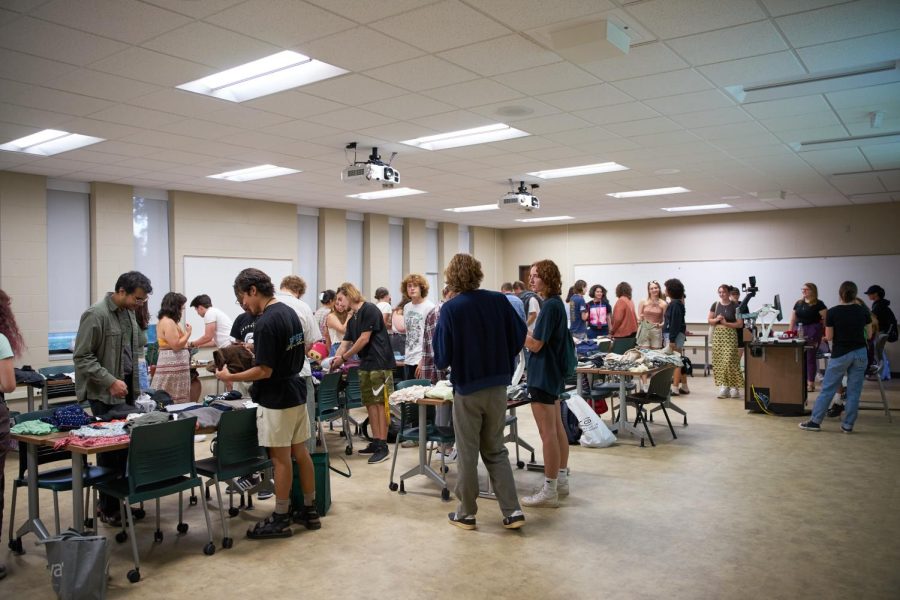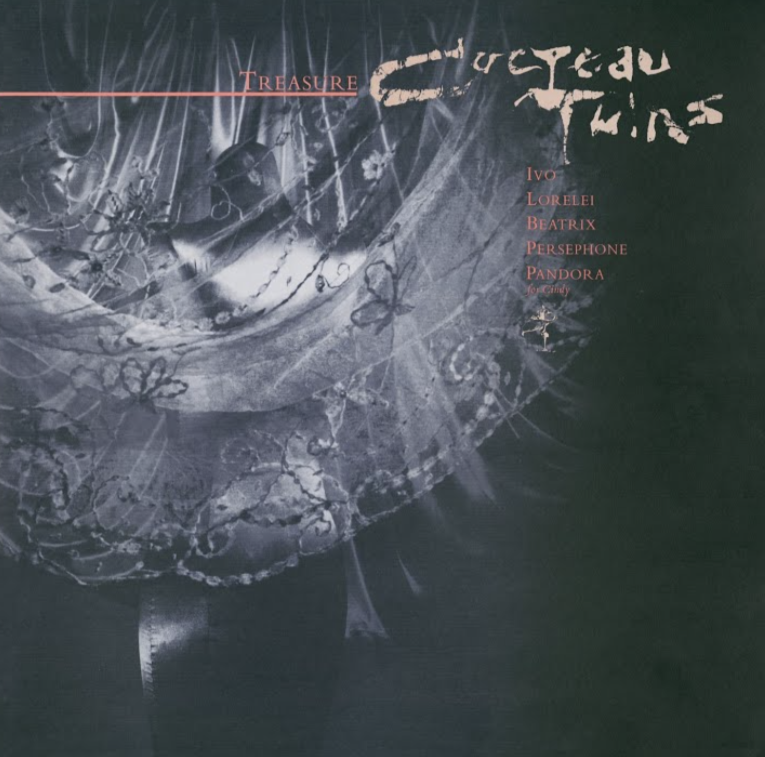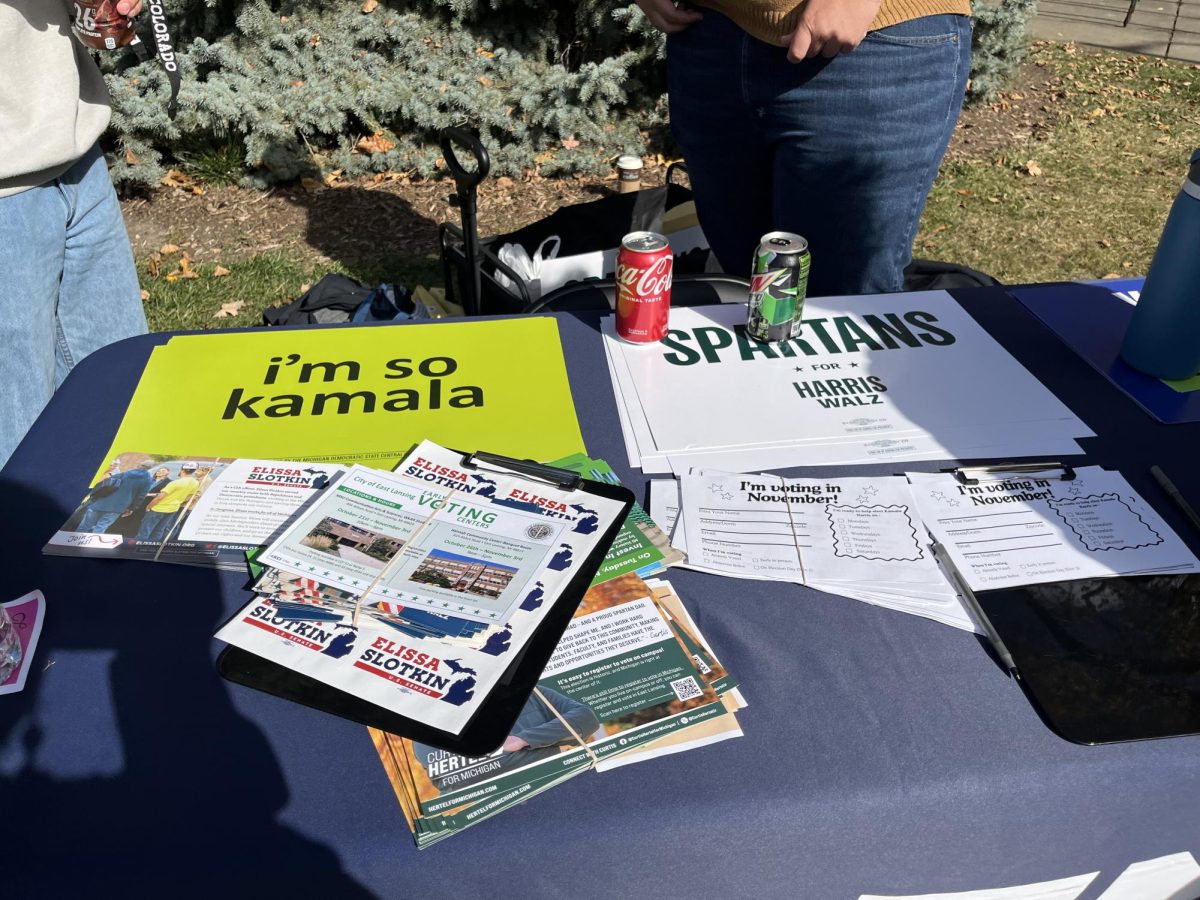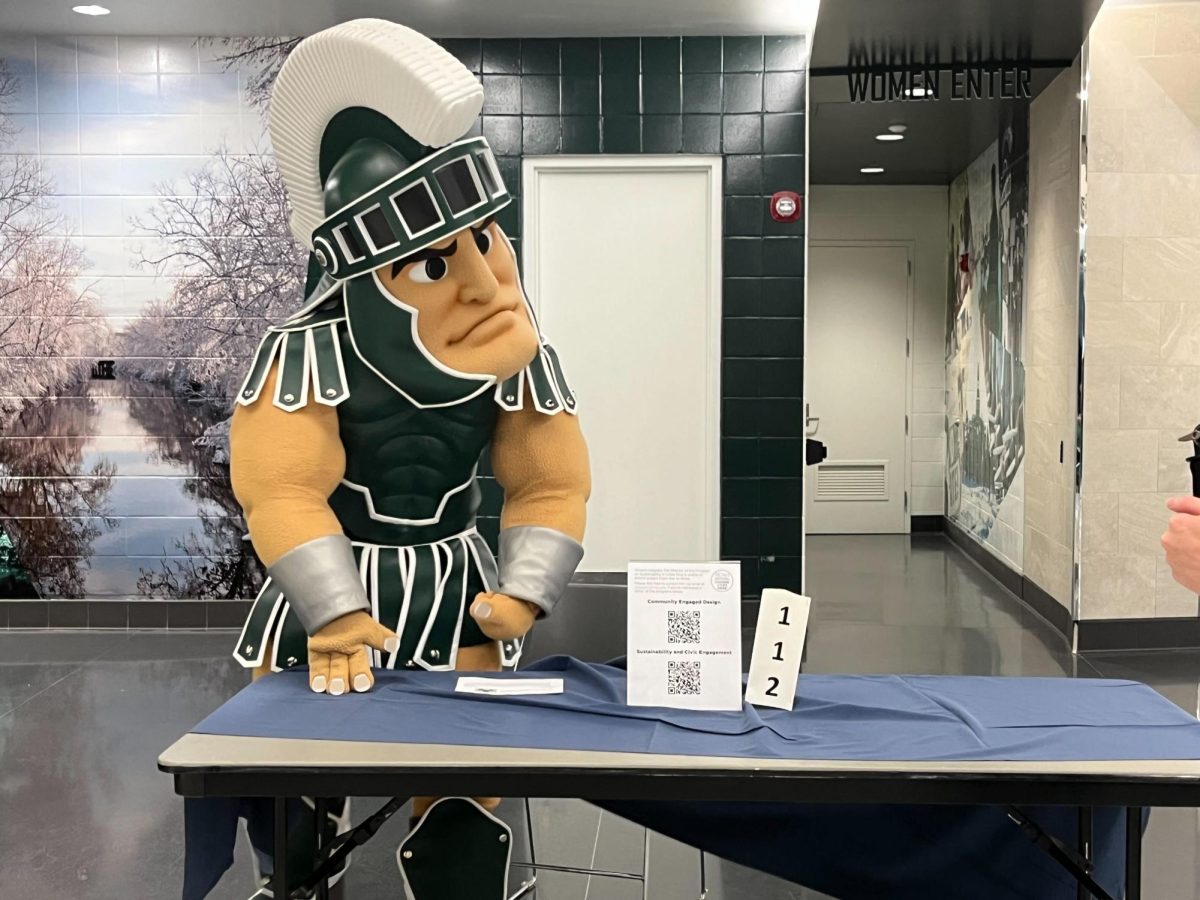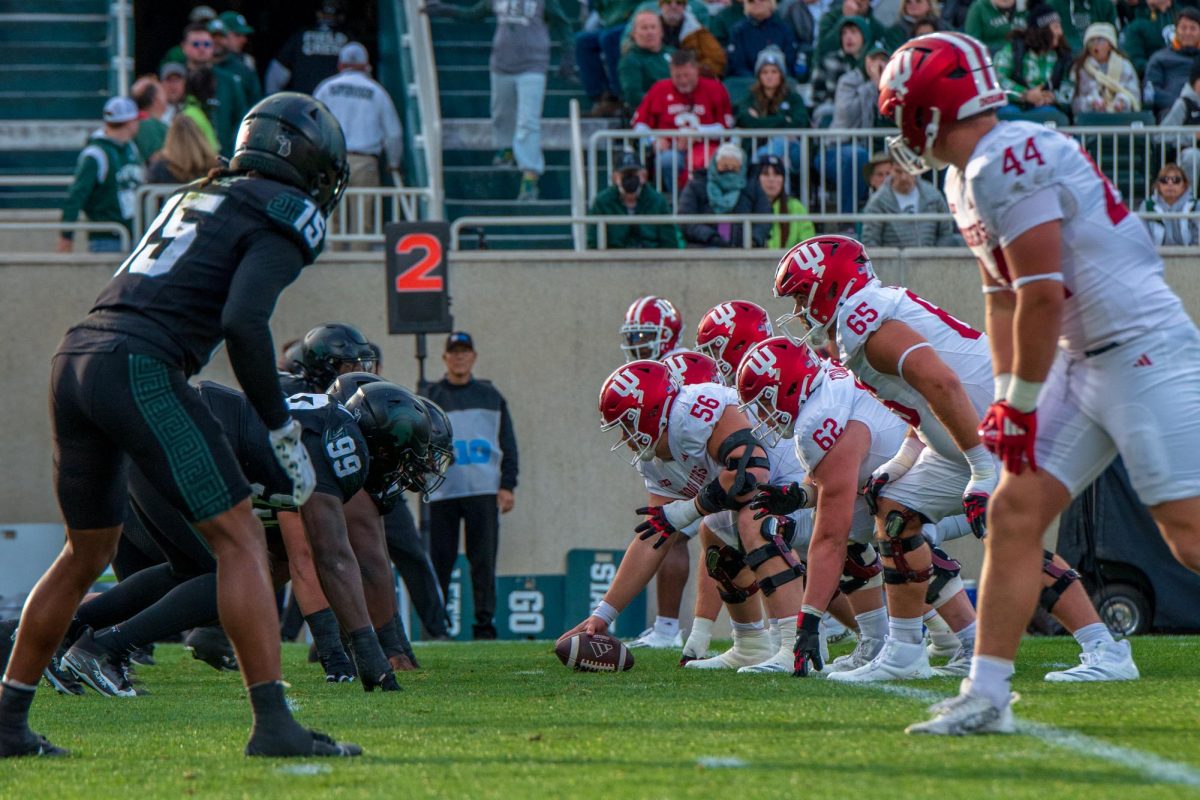How MSU students are going green
The Spartan Thrift Club hosts thrift swaps for students to exchange unique items they have thrifted
April 23, 2023
EAST LANSING – The sound of hangers squeaking against the rack rang as Michigan State University junior Liz Fisher sifted through the unique pieces at Volunteers of America on Cedar Street.
Fisher, who is president of Spartan Thrift Club, said this location is her favorite place to thrift because she always walks away with at least one hidden gem.
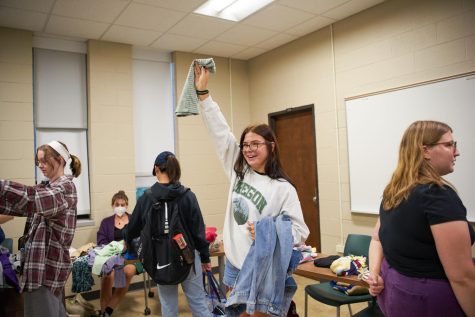
Fisher is not alone in the hobby of thrifting. The thrift club has about 530 members who come together to carpool to different thrift stores in the Lansing area.
According to a 2021 article by the New York Times, thrifting has experienced a resurgence in popularity, particularly among Generation Z, who have made the sustainable practice a trend.
Now eager shoppers no longer have to make a trip to a Volunteers of America location to participate in the trend, because thrift stores have gone virtual.
MSU alum Jared Perlin curated the online resale store University Vintage MSU in 2020, which gives pre-owned MSU gear a second chance. The store has another online branch that resells University of Michigan gear, headed by Jared Perlin’s brother Shane Perlin.
For the brothers, their business stems from a longtime love of thrifting, which started when their mom took them shopping at local thrift stores.
“As we got older, it turned into more of a passion because we saw the things we were finding at the thrift and started studying that culture more,” said Jared Perlin. “Once we learn more about it, you find the passion.”
Passion turned into profit for Jared Perlin, who is considering pursuing University Vintage full-time after graduation from Ross Business School at the University of Michigan. He graduates in just a few weeks.
If shoppers do not want to wait for shipping, there are options even closer to home, including on campus at the MSU Surplus Store.
The surplus store serves to divert goods that are no longer needed by the university in an environmentally friendly way, collecting about 4,000 new items a day. They have sold everything from an aardvark skeleton to a Zamboni, but they mostly sell office furniture.
Departments on campus can submit a service request to get rid of unwanted items that are then picked up and cataloged by the surplus store, eventually being sold at their location and on their website.
The surplus store also acts as a storefront for different departments on campus, selling honey from the entomology department and even meats from the meat lab.
Operations coordinator Chris Hewitt spoke about the impact the surplus store has had on the environment.
“Last year there was 2 million pounds of material that we collected,” said Hewitt. “So that’s 2 million pounds out there of just landfill fees that were saved and landfill space that was preserved.”
Dr. Seven Mattes, assistant professor at MSU’s Center for Integrative Studies, considers herself an advocate for thrifting. She teaches a course about the intersectionality between climate change and social and cultural perspectives.
Mattes pointed to fast fashion as an environmental stressor but said shoppers can opt for thrifting instead. Most of her clothes are from thrift stores.
“Thrift stores provide this great alternative to avoid contributing to environmental disaster issues,” said Mattes.
She shared that another way to be more sustainable is to be mindful of what you throw away.
“It’s so easy for fast fashion to just keep going through the treadmill of consumption and treadmill of production, because unfortunately once things make it into our waste bin, we just kind of forget it exists,” said Mattes.
Not only can shoppers thrift to be more sustainable, but they can also donate unwanted goods to their local resale store. After all, one man’s trash is another man’s treasure.


